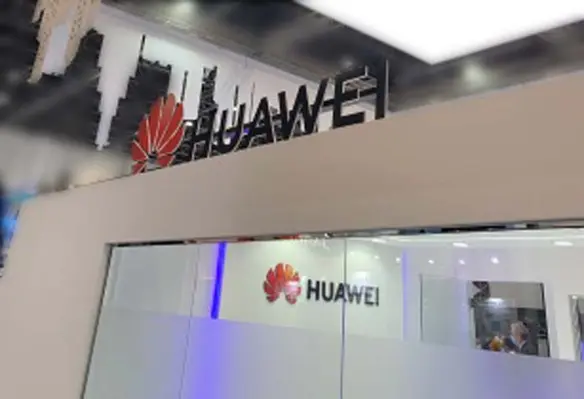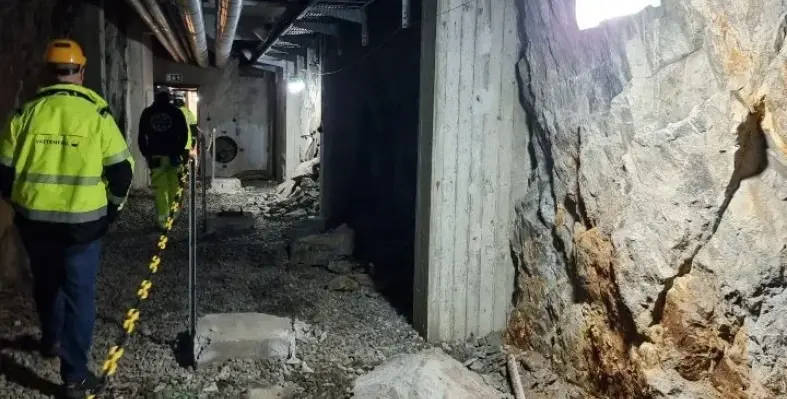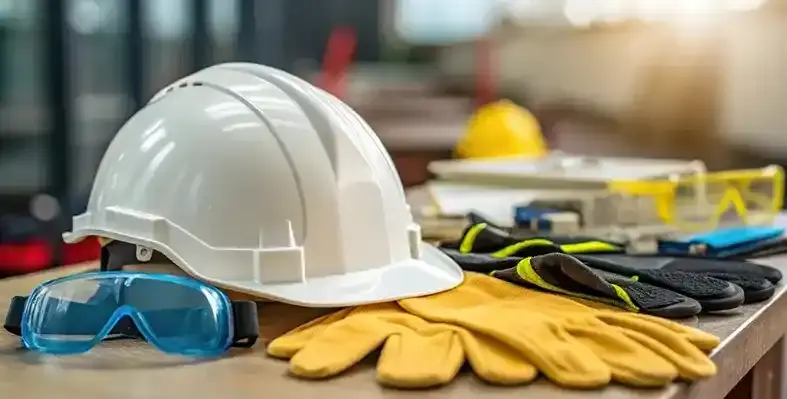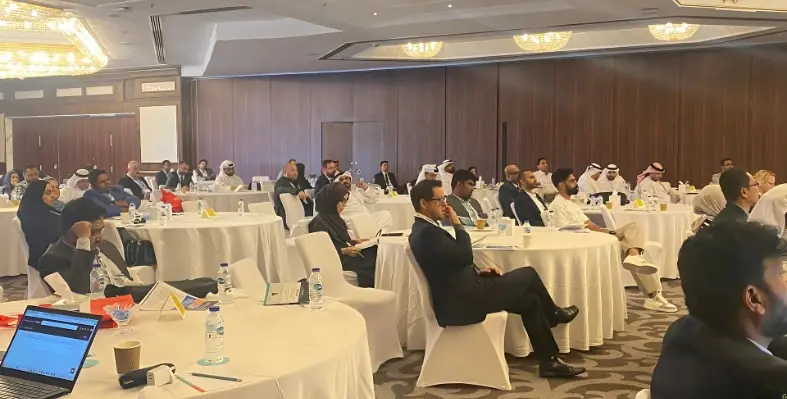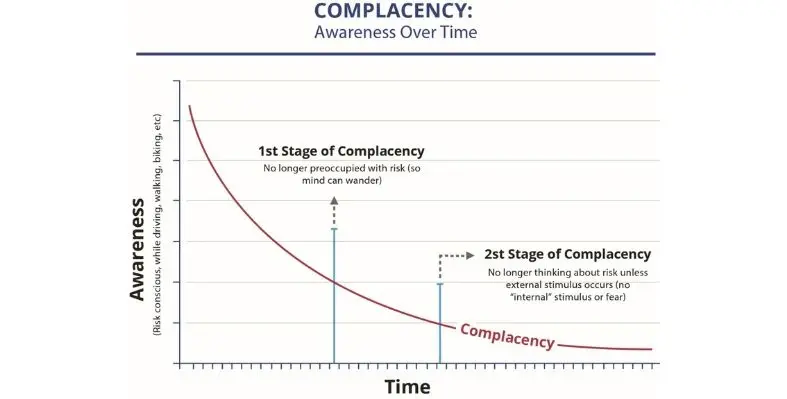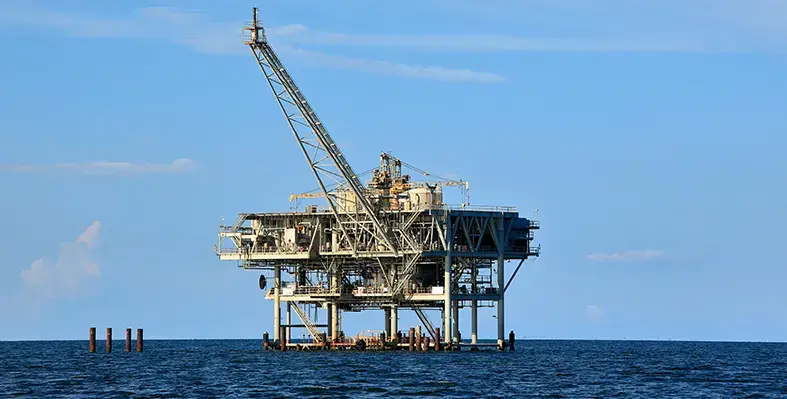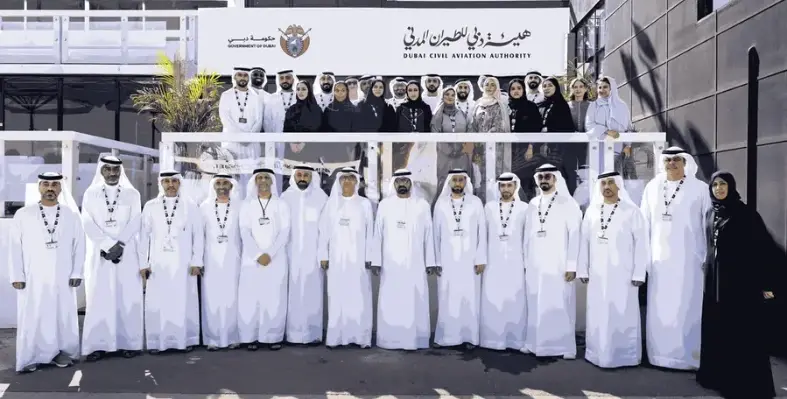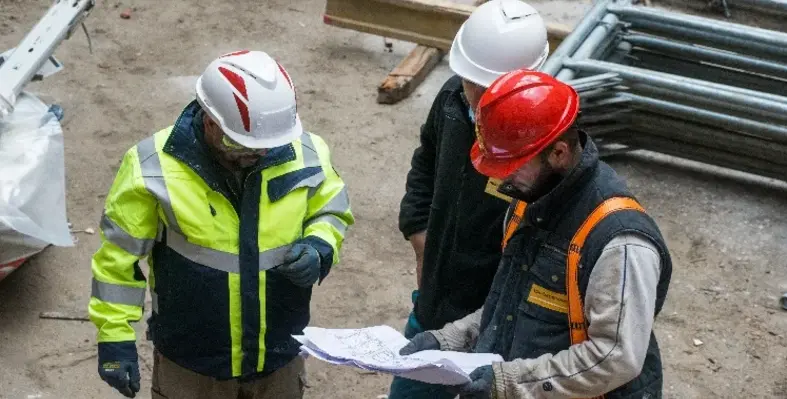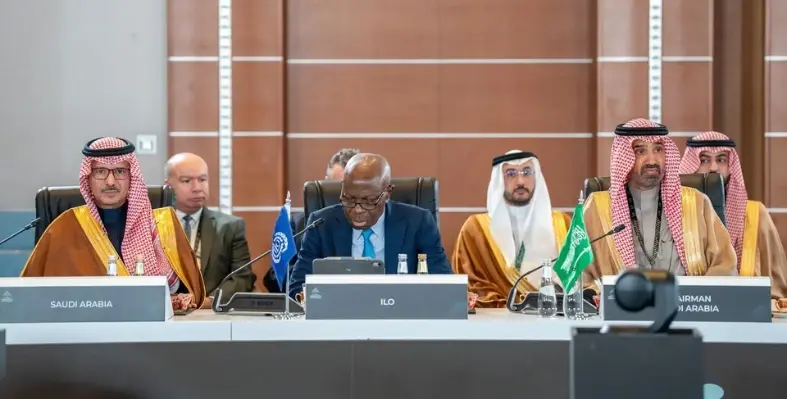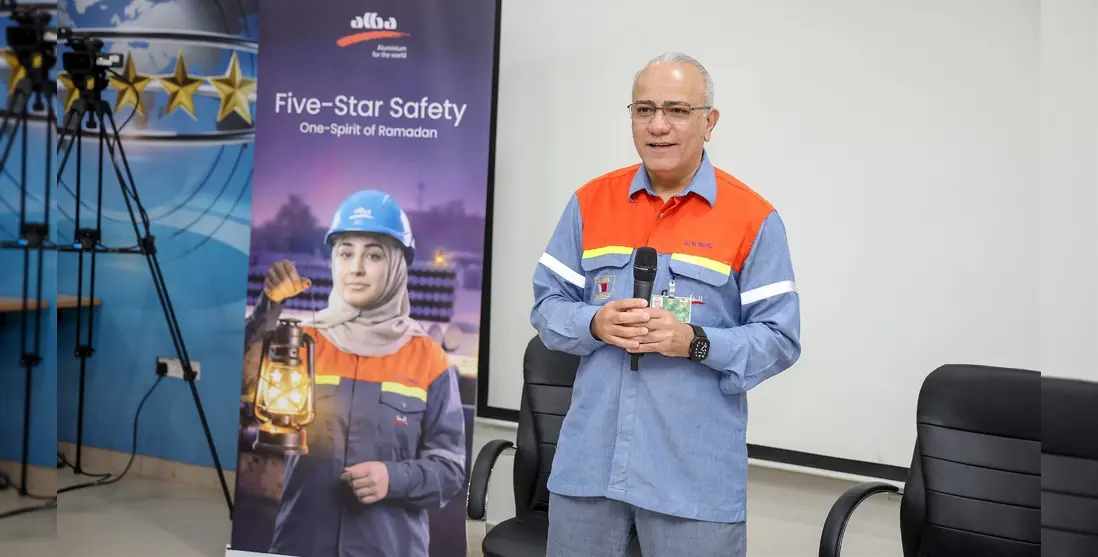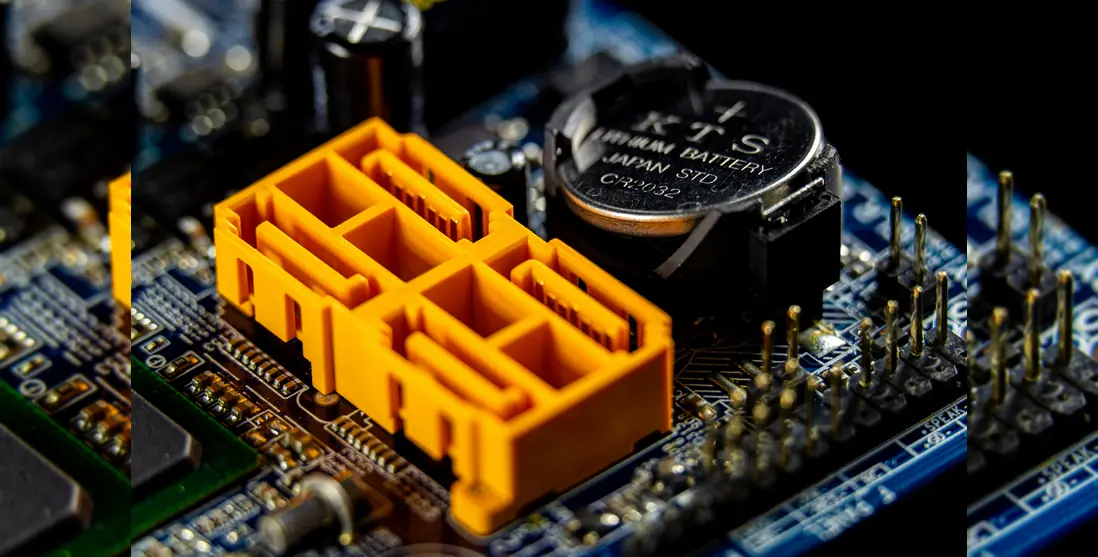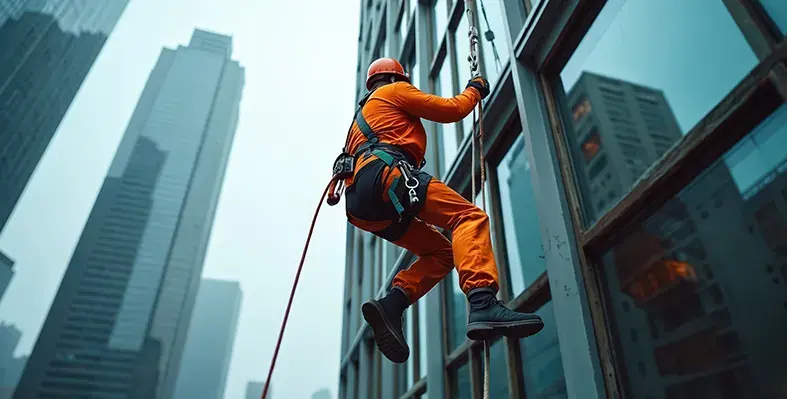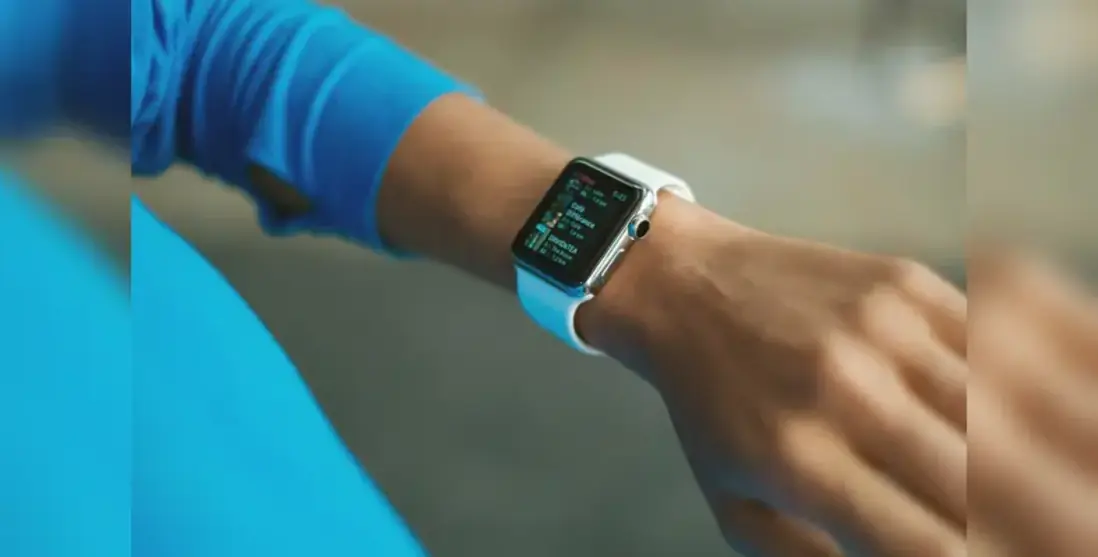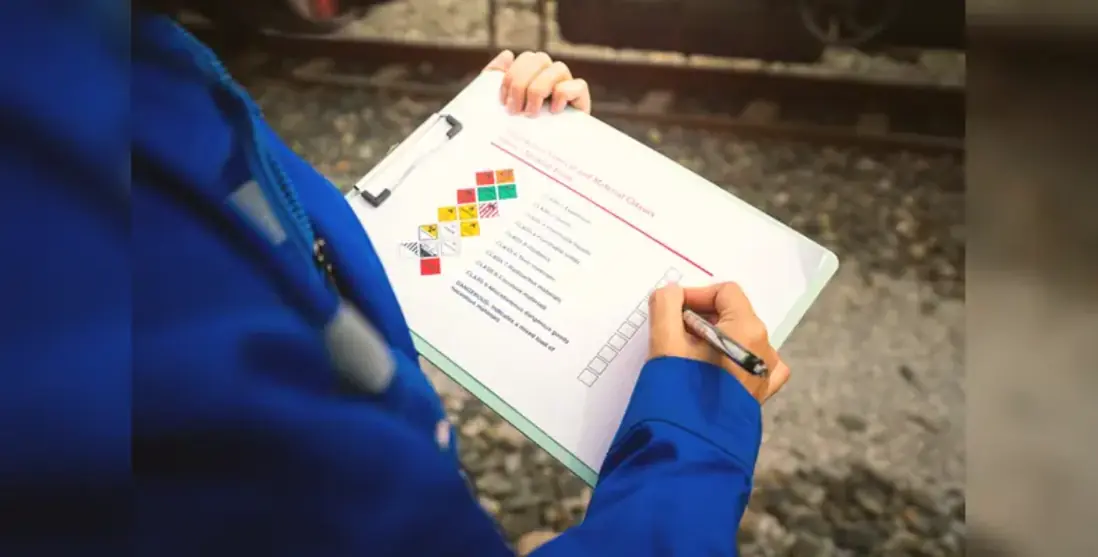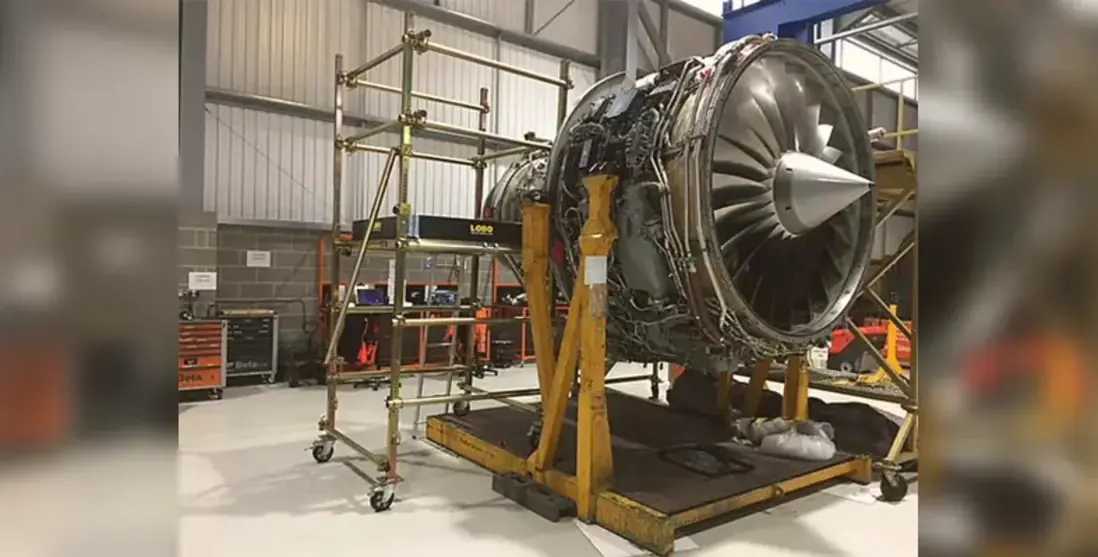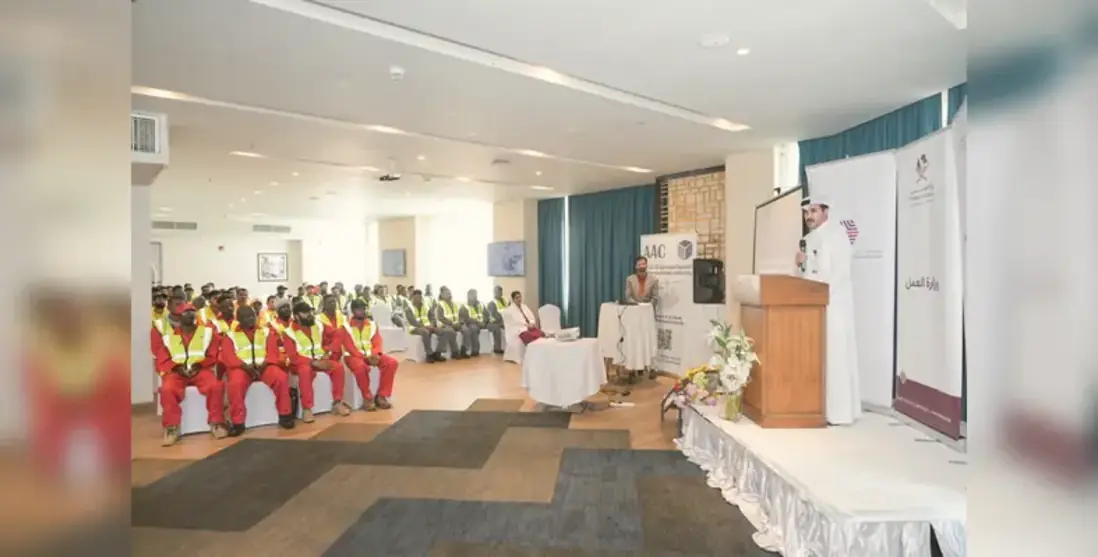Aloysius Cheang spoke with Health, Safety and Security Review Middle East to dissect the risks and challenges of the growing cyber landscape, the impact of digitalisation on organisations, and more at Intersec 2022.
Speaking to Health, Safety and Security Review Middle East exclusively, Aloysius Cheang, Huawei UAE's Chief Security Officer, embraced the prospect of Intersec 2022 and the global security industry uniting under one roof.
"What we're going to demonstrate in our involvement at Intersec 2022 is that whatever topic the industry is talking about, whether it's health and safety, security, fire safety, that Huawei is here to get involved in discussions. Of course, cybersecurity is always going to be the main conversation - its the main concern during any digital transformation.
"We want to convey the message that Huawei is here to protect organisations' journey in the digital transformation," explained Cheang.
On the integration of security within its product range, Aloysius Cheang continued, "We have been integrating these thoughts right from the start of the conceptualisation phase. When every product is conceptualised, cybersecurity is included in the baseline requirements of the product right from day one.
"Only when you consider security right from day one do you avoid patches or recalls - the culture of patches is negative, it proves security is an afterthought for other organisations. Huawei will only ever issue patches if there's new technologies or issues that arise that weren't factors in the earlier stages."
"The idea for us is that we give users peace of mind whenever they use our products. Users' peace of mind is our peace of mind."
On emerging cybersecurity models that set the industry standard, "The way we do it is to build a proactive approach, and adapt to the latest cybersecurity expectations. The most prevalent model at the moment is the zero-trust approach, where all incremental layers of protection are protected by basic authentication. You have to implement controls that are unique to the identity of the user."
"Only when you have these barriers to data compromise can you guarantee cybersecurity," concluded Cheang.
On Huawei's investment in security mitigation, the Chief of Security explained, "We are investing a lot into open and verifiable standards that everyone can trust. We've always complied with NESAS certification for all our products. In recent months, we've worked with OIC to develop a 5G security framework, specifically for the 56 OIC member states. We're embedding local knowledge and operating across the member states to develop a purpose-built framework.
"We're avoiding generic measures and frameworks for a more specialised approach that tackles certain market requirements. In security, you can't have a one-size-fits-all approach. We're working directly with the industry to build vibrant localised markets.
"We're aware that the Cybersecurity Council that we work in want to develop private-public partnerships (PPP) to tighten and eliminate concerns. At Huawei, we will approach to support this initiative."
On the localised nature of many rising cybersecurity concerns, with certain regions and markets facing similar types of issues, Cheang said, "Every market has unique environmental factors, as well as unique legal factors. Every instance must be assessed independently. For companies entering the market, they have to approach all of these regional factors from the start. We will help review these factors and their impact on security to build security frameworks to help markets be as ready as possible for changes and growth."
Discussing Huawei's approach to building international partnerships, Aloysius Cheang elaborated, "We will be working very closely with the UAE's Cybersecurity Council, to see how we can establish the UAE as a trusted global digital hub. In line with this vision, we'll establish initiatives to support the growth of the digital industries.
"Some of these initiatives will simply enable capacity building; working together to train more cybersecurity experts and establish valuable career paths for professionals. This will help foster the vibrant ecosystem of industry-led projects rather than government-led projects.
"In the past, projects led by governments have been completely publically-owned, so if these projects have funding cut or regulations are lifted, then the initiatives collapse. We want these initiatives to be self-sustaining, and having them led by the industry will guarantee this. They'll be entirely focused on what the customer wants - from IoT to AI and the metaverse. The government will act as proponents for the programmes allowing the industry to tailor their direction."
"Huawei will facilitate all this through partnerships with not only government agencies but also the industry as a whole. Intersec is a key part of this - forming and building partnerships."
Huawei is presenting at Intersec 2022's Trade Centre Arena from January 16-18.





